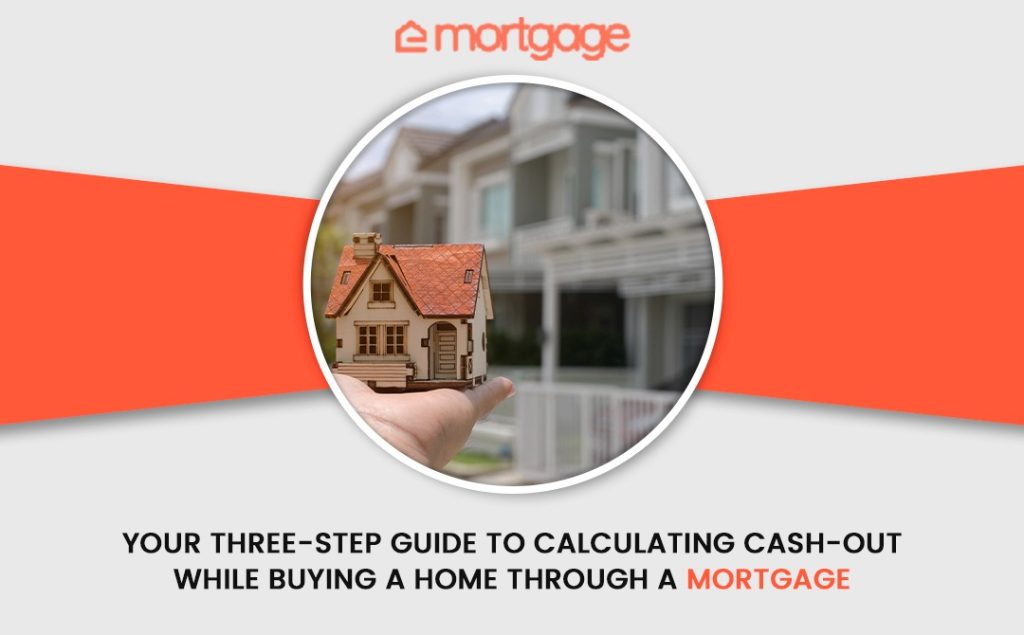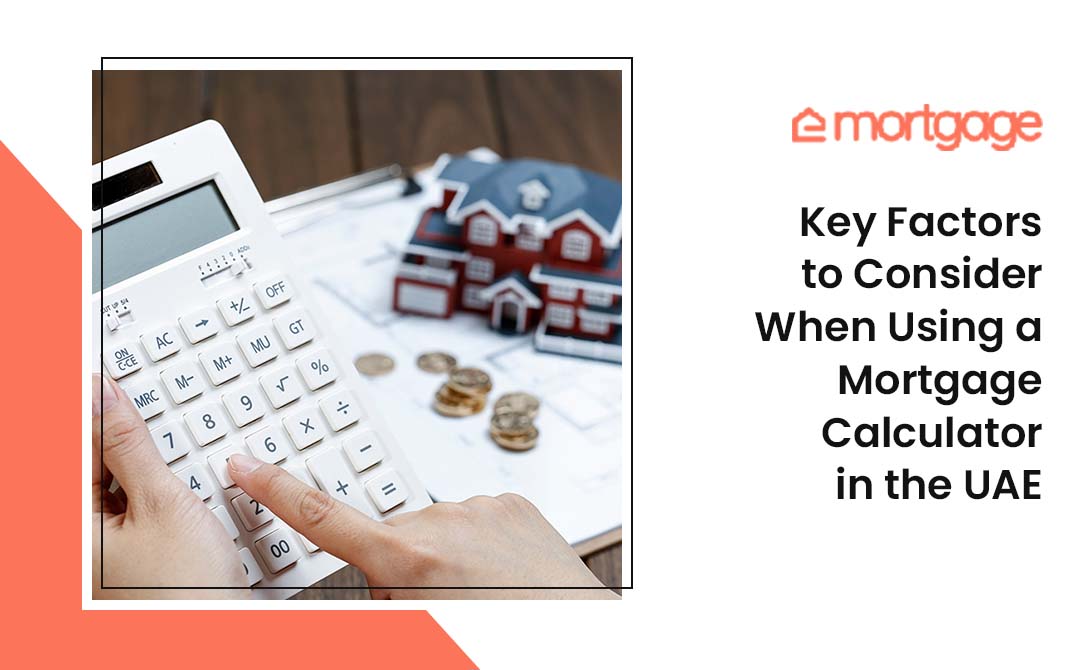Are you considering buying a home through a mortgage company and need to know how to calculate your cash out? We understand where you’re coming from. As an aspirational homeowner, you must do your research and estimate its costs in the long run.
Calculating cash-out refinancing when purchasing a home can seem tricky at first, but with proper knowledge, you’ll have all the answers needed to make an informed decision to invest in your dream property. Here’s your step-by-step guide to calculating your cash out while buying a home through mortgage rates!
What is a Cash Out?
Cash-out refers to the amount of money you receive from your lender based on your home’s equity. An equity loan is the difference between your home’s current market value, and the total amount of any outstanding debts on it, such as mortgage refinance or tax liens.
If you have enough equity in your home, your lender may be willing to loan you money against it. This money can be used for anything – from making repairs or upgrades to paying off debt or investing in other assets.
Why Do People Cash Out?
There are numerous reasons people are likely to go for a cash-out while buying a house through cash-out refinancing.
- One of the main reasons people cash out when buying a home is to cover closing costs or other expenses associated with buying a home. For example, if you use an FHA purchase loan for a property, you will likely need additional cash to cover your down payment and other closing costs.
- In addition, many homeowners cash-out when refinancing their original mortgage to pay off high-interest debt or make significant improvements to their property. Over time, this helps save money on interest payments since you essentially consolidate debts into one lower-interest loan payment.
- Another reason people might choose the cash-out option when buying a home is to access their own money without having to liquidate any investments or assets they already own—which could potentially result in significant losses depending on market conditions at any given time.
You can access funds without worrying about losing your hard-earned savings by taking advantage of cash out.
How to calculate cash out while buying a home through mortgage – Your Three-Step Guide
When you buy a home, it’s essential to know how much cash out you will have to pay. Knowing this number in advance allows you to plan your finances and budget better. Here is a step-by-step process on how to calculate your cash out when purchasing a home through a mortgage loan.
Step 1: Calculate your down payment amount
The first step is to calculate the amount of money you will need for your down payment. The down payment amount varies depending on your personal loan term but typically ranges from 3% to 20%. Your lender can help you determine the exact amount required for your specific type of loan.
Step 2: Calculate the closing costs
The fee associated with buying or selling real estate must be paid before the transaction is completed. This includes title insurance, appraisal, taxes, and attorney’s fee. When calculating your cash out, it is important to factor the closing costs since they quicky add up and eat into your total available cash.
Step 3: Figure out the cash estimate
Use the following formula:
Total Purchase Price
(–) Down Payment Amount
(–) Closing Costs
= Cash Estimate
Once you have calculated the down payment amount and finishing costs, subtract them from the home’s total purchase price. This will give you an estimate of how much cash you will need to buy the house.
It is important to note that this number may fluctuate with interest rates, or if additional funds are needed during closing. It is best to check with your lender prior to making any final decisions about how much cash out you will need for monthly mortgage payments.
Things to keep in mind before cashing out
Before you decide to cash out, consider this:
- Financial help coming from a business or investments should not be considered monetarily free and should be used wisely..
- Calculate your budget carefully and plan for possible losses before putting down large amounts.
- Evaluate the economic trends at the time you’re cashing out – if nominal current rates and inflation are lower than usual, then cashing out could bear more rewards than at other times.
- Finally, remember to consider taxes on your withdrawal – make sure you remain compliant with local regulations!
By keeping these considerations in mind before cashing out, you can rest assured to make an informed decision and achieve maximum returns.
Using the Free eMortgage Calculator Tool for Mortgage Payments
For an easier way to calculate your cash out and mortgage payments, consider using the free Mortgage Calculator tool from Emortgage. With this calculator, you can view estimated mortgage payments and total cash required upfront based on your loan term, interest rate, and down payment amount. Even better, it lets you compare different scenarios side-by-side, so you can make the best decision for your financial situation.
Just enter the following details and get started:
- Property purchase price: Enter the total amount you’re willing to pay for the property.
- Down payment: This is the amount of cash you’ll need to pay upfront at closing.
- Loan period (years): Enter the number of years you wish to repay your loan.
- Mortgage interest rate: enter the annual interest rate you’ll be charged.
Once you’re done, hit calculate and see an estimated figure of your monthly payments and total cash out required at closing. With this information in hand, you can confidently plan ahead when purchasing a real estate property with a mortgage loan. Good luck!
The Bottomline
Buying a home through a larger mortgage can be intimidating at first. Once you figure out specific requirements on finances, closing costs, and down payments, it gets easier. Calculating your mortgage cash-out doesn’t have to be difficult; use this guide as a starting point and contact your mortgage lender for more detailed instructions on what amounts are due at closing so that you can confidently plan before signing those final documents!
At eMortgage Dubai, we strive to make the mortgage process easier by providing our customers with numerous tools, such as a Dubai mortgage calculator, to help make your home-buying experience pleasant and stress-free. Start planning today to ensure you purchase a home with the right cash out. Reach out to us and learn more.




